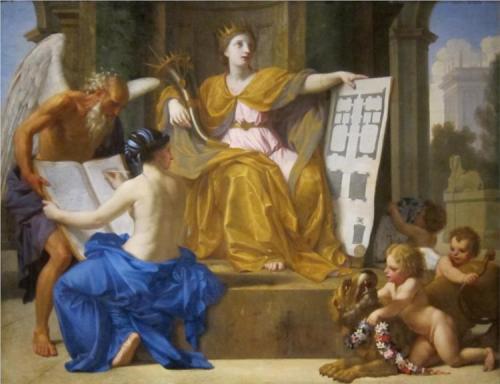
__________
whenever my heart is broken, I’ve recently
noted, I’ve learned to sing a corresponding
song, it didn’t happen by design, but
organically, it seems, as a response to my
periods of anguish, a song would come up,
each time, to contain the dimensions of my
rue
I need to learn the notes, which are usually
tonal and melodic, with the characteristic
that they pretty consistently span a vocal
range that requires some intimate attention,
work that tears me away, studiously and
diligently, from my own private concerns,
in order to consider, through his, her, very
articulated lyrics, those of another, not to
mention the response of my proposed
audience
I have developed quite a repertoire
I was especially impressed by the
songsmith laughing at himself,
melodramatizing his sentiments,
taking the sting out of his despair,
if you’ll pardon the allusion,
with over-the-top, it must be
admitted, metaphors, allegories
dreams, you need a big floppy
hat, and very red lipstick to pull
that one off
you ought to see me
R ! chard








